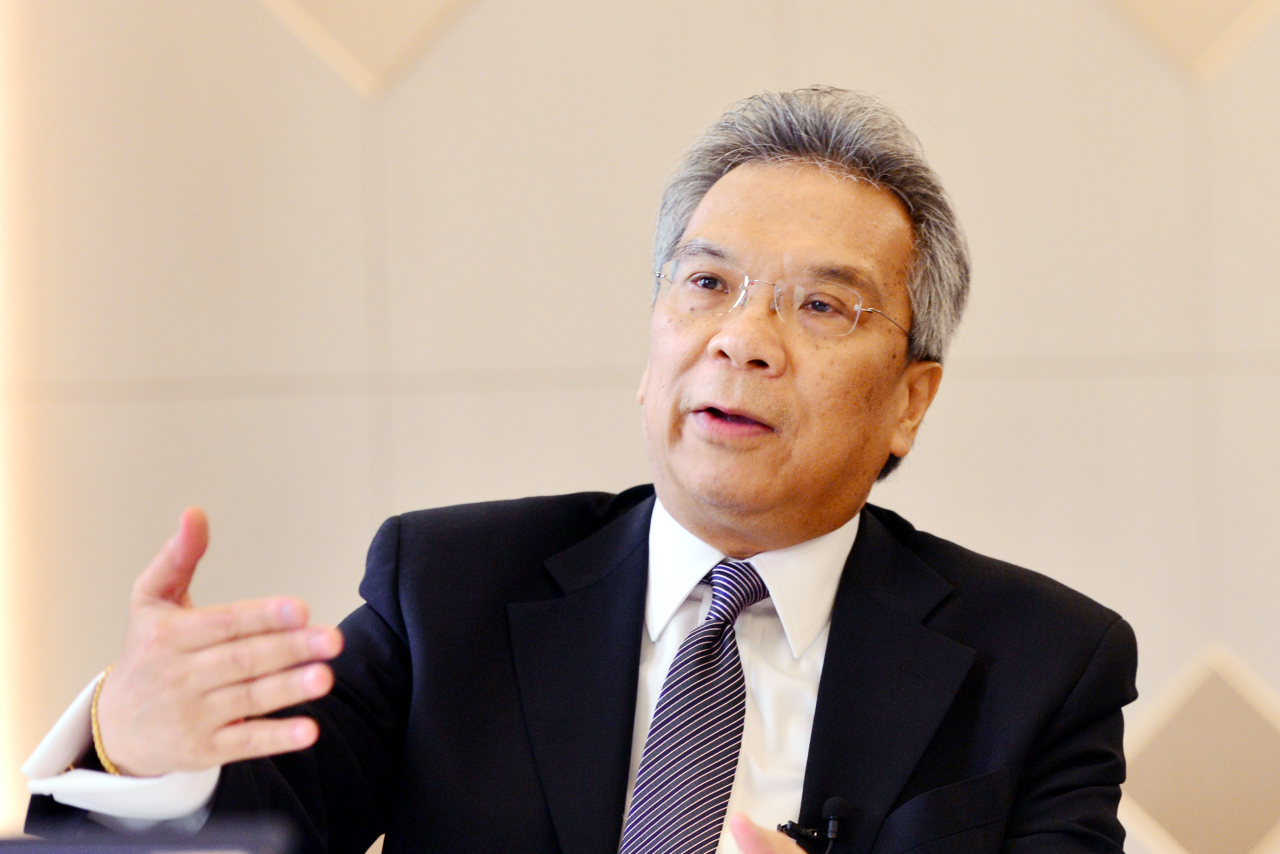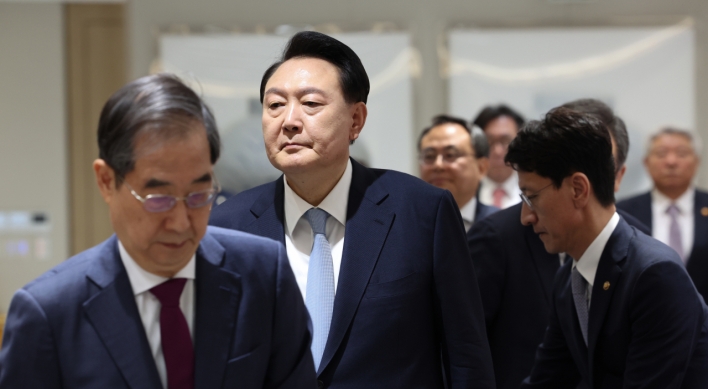[Herald Interview] ‘Corruption cannot be eradicated, only contained and controlled’
IACA’s Daniel Li says improving Corruption Perceptions Index, rather than country’s ranking, should be emphasized
By Kim Bo-gyungPublished : Sept. 15, 2019 - 17:47
Amid the efforts of governments worldwide to tackle corruption, Daniel Li, vice chairman of the advisory board of the International Anti-Corruption Academy, said corruption cannot be completely eradicated in economically vibrant societies.
He added that the 19th International Anti-Corruption Conference, to take place Seoul in June 2020, should focus more on crafting practical solutions to curb corruption.
“Corruption is a major problem. … I am not supporting corruption. … I would not say ‘I would like to eradicate corruption.’ Corruption can’t be eradicated, because you can only contain the problem and control it,” Li said in an interview with The Korea Herald earlier this month.
The International Anti-Corruption Academy is a global institution that works to overcome shortcomings in the knowledge and practices needed to counter corruption.
“You can’t say, ‘We have a 100 percent corruption-free society.’ It’s not possible. Greed is humanity.”
He added that the 19th International Anti-Corruption Conference, to take place Seoul in June 2020, should focus more on crafting practical solutions to curb corruption.
“Corruption is a major problem. … I am not supporting corruption. … I would not say ‘I would like to eradicate corruption.’ Corruption can’t be eradicated, because you can only contain the problem and control it,” Li said in an interview with The Korea Herald earlier this month.
The International Anti-Corruption Academy is a global institution that works to overcome shortcomings in the knowledge and practices needed to counter corruption.
“You can’t say, ‘We have a 100 percent corruption-free society.’ It’s not possible. Greed is humanity.”

Prior to his retirement in 2012, Li served on Hong Kong’s Independent Commission Against Corruption for over 35 years. Responsible for investigating bribery and fraud cases as well as for programs to prevent corruption, Li held crucial roles within the commission including operations chief.
Given the correlation between a country’s economic robustness and market players’ exposure to illicit shortcuts, Li said South Korea’s 2018 Corruption Perceptions Index of 57 points from Transparency International is a “pass mark,” with the figure having risen 3 points compared with the previous year. The country came in 30th among the 36 OECD countries.
Li said the emphasis should be on improving the country’s score, rather than its rank.
“I think as long as you are improving on your score you are doing society justice, you are achieving something. That is important. Don’t forget one thing, Korea is quite an active city in terms of business,” Li said.
“(In a vibrant economy) keeping the score is very, very difficult. … The chances of being corrupt or being required to offer a bribe is much higher. The temptation is there.”
According to Li, a country’s economy and culture should be factored in when interpreting achievements in fighting corruption.
“My opinion is that the International Anti-Corruption Conference has expanded quite a bit in recent years. While heightening awareness is good, at the same time you just don’t talk the job, you have to walk the job,” Li said.
Practical solutions to combat corruption should center on two factors: coordination and cooperation.
For greater coordination, Li said the conference should develop measures to train officials and maintain a strong network among those involved in rooting out corruption -- particularly law enforcement officials -- as part of a long-term strategy that cuts across borders.
“I think there should eventually be a sort of global adaptation of an effective anti-corruption measure, they should all have similar standards so that they talk the same language. Of course there are difference in legislation and culture,” Li said.
Cooperation among law enforcement officials in different countries is necessary to prevent people from taking advantage of loopholes in systems, Li said.
“I emphasize the word effective. Whether the law enforcement is effective depends very much on how the jurisdictions work together and cooperate. It’s not straightforward, it’s not easy but it’s something that’s got to be done,” Li said.
“Otherwise the corrupt will have found the loopholes and the ways to hide their activities.”
By Kim Bo-gyung (lisakim425@heraldcorp.com)









![[KH Explains] How should Korea adjust its trade defenses against Chinese EVs?](http://res.heraldm.com/phpwas/restmb_idxmake.php?idx=644&simg=/content/image/2024/04/15/20240415050562_0.jpg&u=20240415144419)








